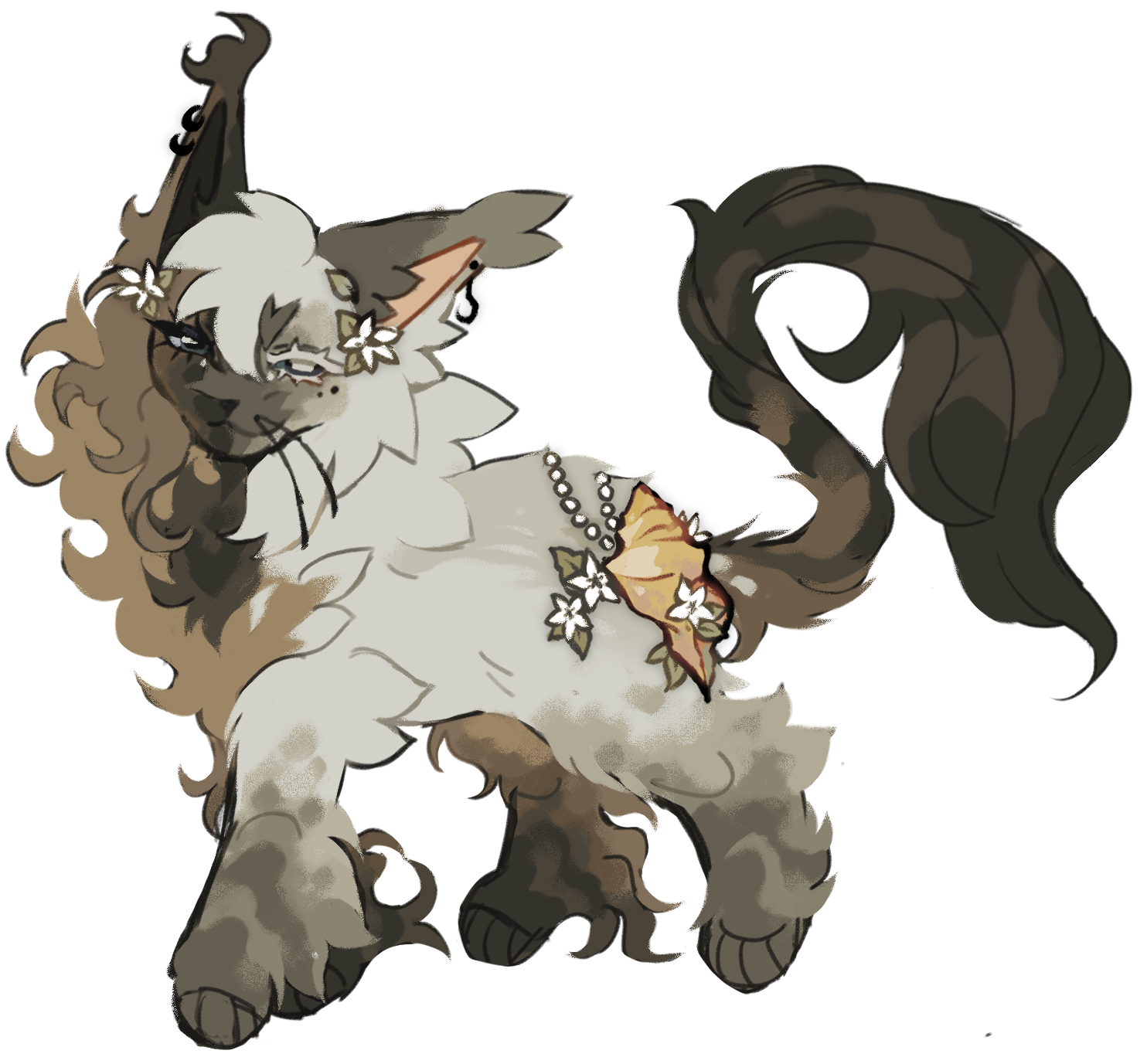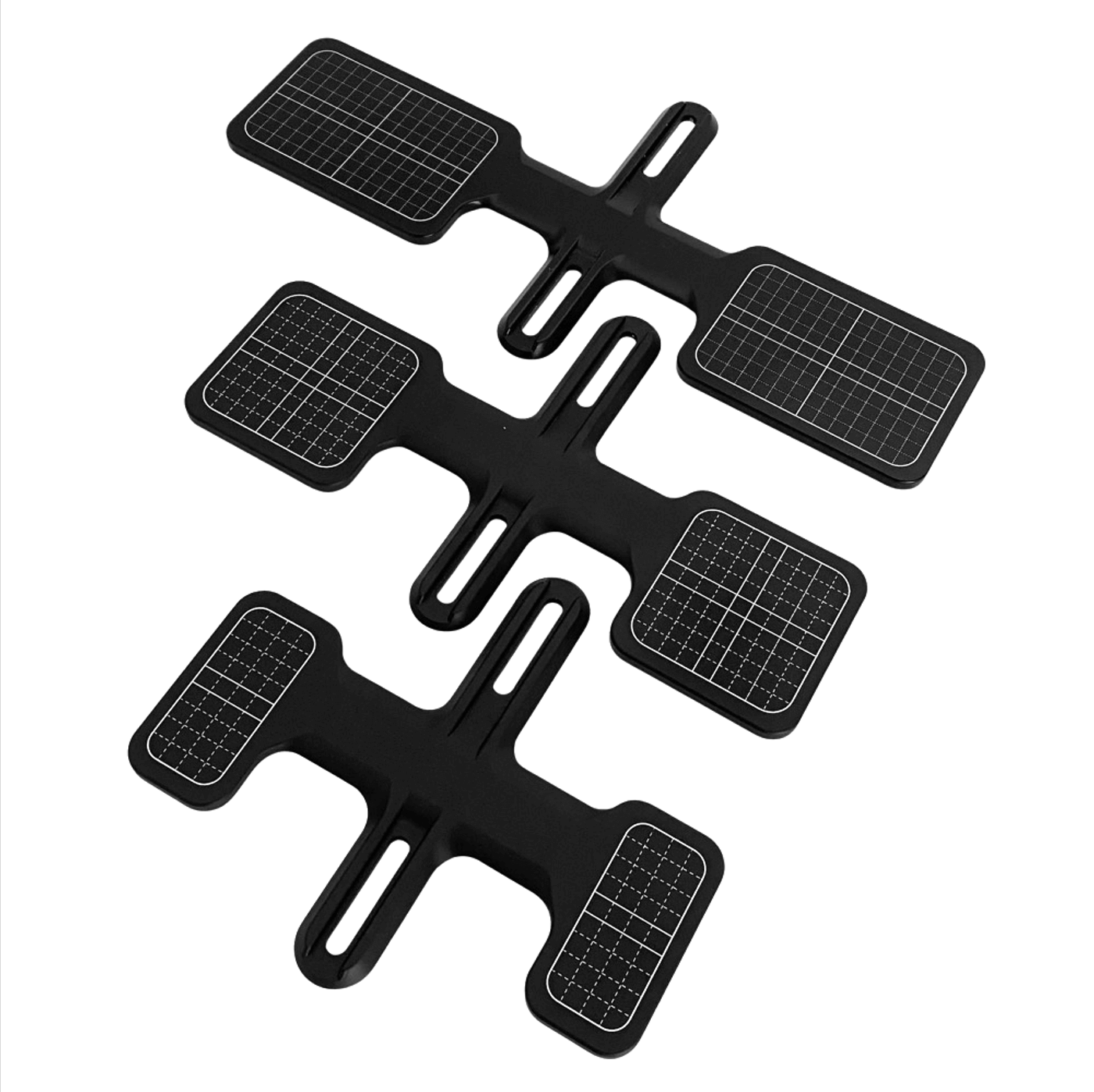What Does BTA Stand For In Slang? Unveiling The Hidden Meaning Behind The Acronym
Ever wondered what BTA stands for in slang? You're not alone. In today's digital age, acronyms and abbreviations are everywhere, and they can be confusing if you're not in the loop. BTA is one of those terms that has gained popularity, but its meaning might not be as obvious as you think. So, buckle up, because we're about to decode the mystery behind BTA and everything it represents.
Let's face it, the internet is a wild jungle of slang words and acronyms. From "LOL" to "OMG," we've all been there, scratching our heads trying to figure out what people are talking about. BTA is just another piece of this ever-evolving puzzle. But here's the deal—this acronym isn't just random gibberish. It actually carries some weight in certain circles, and understanding it can help you stay ahead of the game.
Now, if you're here, chances are you've stumbled across BTA somewhere online or maybe even in a conversation with friends. Don't worry; you're in the right place. This article is all about breaking down the meaning of BTA in slang, exploring its origins, and shedding light on how it's used today. So, let's dive in and get to the bottom of this acronym!
- Kim Raewon Child The Untold Story Of Family Life And Legacy
- Maligoshik Leak The Untold Story Risks And What You Need To Know
What Does BTA Mean in Slang?
BTA stands for "But Then Again," and it's often used in casual conversations to express uncertainty or hesitation. Think of it as a way to soften a statement or introduce a contrasting point without sounding too rigid. For example, you might say, "I really want to go to the party, BTA, I'm kind of tired." It's like adding a pinch of salt to your sentence—it gives it that extra flavor.
But here's the kicker: BTA isn't just limited to its literal meaning. Depending on the context, it can take on different shades of interpretation. In some cases, it might imply skepticism or doubt. In others, it could simply be a playful way to add nuance to your thoughts. The beauty of slang lies in its flexibility, and BTA is no exception.
Origins of BTA in Slang
Like most slang terms, BTA didn't just pop out of thin air. Its roots can be traced back to the early days of internet culture when online forums and chatrooms were all the rage. Back then, people were constantly looking for shortcuts to express themselves quickly and efficiently. Enter BTA—a concise way to convey complex emotions in just three letters.
- Sage Dovina Biography The Rising Star Shaping The Future
- Chloe And Matt Onlyfansleaks The Untold Story You Need To Know
Over time, BTA made its way into mainstream conversations, thanks in part to social media platforms like Twitter and Instagram. These platforms thrive on brevity and wit, making BTA the perfect fit for short, snappy posts. Today, you'll find it sprinkled across comments, captions, and even memes. It's become a staple in the slang lexicon, and for good reason.
Common Uses of BTA in Everyday Conversations
So, how exactly do people use BTA in real-life situations? Well, it depends on the vibe you're going for. Here are a few examples to give you an idea:
- When expressing doubt: "I think I'll ace the test, BTA, I haven't studied much."
- When introducing a contrasting opinion: "The movie was great, BTA, the ending was a bit predictable."
- When being playful: "I could totally handle a marathon, BTA, running isn't really my thing."
See how versatile it is? BTA can adapt to almost any situation, making it a go-to choice for those who want to add a touch of flair to their speech. Plus, it's short and sweet, which is always a plus in today's fast-paced world.
Is BTA Always Used in a Negative Context?
Not at all! While BTA is often associated with uncertainty or doubt, it doesn't have to be negative. In fact, it can be used in a positive way to enhance your communication. For instance, you might say, "I love spending time with you, BTA, we should hang out more often." Here, BTA acts as a bridge between two related ideas, creating a seamless flow of thought.
It's all about how you frame it. If you use BTA with the right tone and context, it can actually strengthen your message rather than weaken it. So, don't be afraid to experiment with it in your conversations. Who knows? You might just discover a new way to express yourself.
Popularity of BTA in Modern Slang
If you thought BTA was just a fleeting trend, think again. This acronym has stood the test of time, remaining relevant even in the ever-changing landscape of slang. Why? Because it fills a gap that other terms can't. In a world where communication is becoming increasingly nuanced, BTA provides a simple yet effective way to convey complexity.
According to linguistics experts, the popularity of BTA can be attributed to its adaptability. Unlike some acronyms that are tied to specific contexts, BTA can be used in a wide range of situations. Whether you're discussing serious topics or joking around with friends, BTA has got you covered.
How BTA Differs from Other Acronyms
Now, you might be wondering, "What makes BTA stand out from other slang terms?" Great question! While acronyms like "IDK" (I Don't Know) or "TBH" (To Be Honest) serve specific purposes, BTA is more of a wildcard. It doesn't confine itself to a single meaning or usage, which gives it an edge over its competitors.
For example, if you compare BTA to "IMO" (In My Opinion), you'll notice that BTA offers more flexibility. IMO is great for sharing your thoughts, but it lacks the nuance that BTA brings to the table. With BTA, you can express your opinion while acknowledging opposing viewpoints—all in one neat package.
Examples of BTA in Popular Culture
BTA isn't just a random acronym floating around the internet; it's made appearances in popular culture as well. From TV shows to music lyrics, you'll find traces of BTA sprinkled throughout the entertainment industry. Here are a few examples:
- In the hit TV series "Friends," characters often use BTA to express their thoughts in a humorous way.
- Several rappers have incorporated BTA into their lyrics to add depth to their storytelling.
- Even in literature, authors have used BTA to create dynamic dialogue that resonates with readers.
These examples highlight the versatility of BTA and its ability to transcend different forms of media. It's not just a slang term; it's a cultural phenomenon that continues to evolve with the times.
Why BTA is Still Relevant Today
With so many new acronyms popping up every day, you might be wondering why BTA hasn't fallen out of favor. The answer lies in its universal appeal. Unlike some trends that cater to specific demographics, BTA resonates with people of all ages and backgrounds. Its simplicity and adaptability make it accessible to everyone, ensuring its place in the slang lexicon for years to come.
Moreover, BTA aligns perfectly with the way we communicate today. In an era where brevity is king, having a concise yet meaningful way to express yourself is more important than ever. BTA ticks all the boxes, making it a favorite among language enthusiasts and casual users alike.
The Psychology Behind Using BTA
Have you ever stopped to think about why we use slang in the first place? It's not just about being cool or fitting in—it's about creating connections. When we use terms like BTA, we're signaling to others that we're part of the same cultural tribe. It's a subtle yet powerful way to build rapport and establish trust.
From a psychological perspective, BTA serves as a buffer in conversations. It allows us to express ourselves without coming across as too direct or confrontational. This is especially important in online interactions, where tone can be easily misinterpreted. By using BTA, we give ourselves and others the space to explore different perspectives without fear of judgment.
Does BTA Have Any Negative Connotations?
While BTA is generally seen as a neutral term, it can sometimes carry negative connotations depending on how it's used. For example, if someone says, "I really like you, BTA, you're not my type," it might come across as dismissive or even rude. However, this doesn't mean BTA itself is problematic—it's all about the delivery.
That being said, it's important to be mindful of how you use BTA in your conversations. Just like any tool, it can be wielded for good or bad. The key is to use it responsibly and with intention, ensuring that your message is received the way you intended.
Tips for Using BTA Effectively
Ready to start incorporating BTA into your everyday conversations? Here are a few tips to help you use it effectively:
- Use it sparingly. While BTA is versatile, overusing it can make your sentences feel redundant.
- Be mindful of context. Make sure the situation calls for BTA before throwing it into the mix.
- Experiment with tone. Play around with how you deliver BTA to find what works best for you.
Remember, the goal is to enhance your communication, not complicate it. By using BTA thoughtfully, you can add depth and nuance to your conversations without overwhelming your audience.
Final Thoughts on BTA
So, there you have it—a deep dive into the world of BTA and everything it represents. From its humble beginnings in internet forums to its current status as a staple in modern slang, BTA has come a long way. Its adaptability and universal appeal make it a valuable addition to any conversation, whether you're chatting with friends or debating serious topics.
As we wrap up, here's a quick recap of what we've covered:
- BTA stands for "But Then Again" and is used to express uncertainty or introduce contrasting points.
- It originated in internet culture and has since become a popular slang term.
- BTA is versatile and can be used in a variety of contexts, from casual conversations to formal discussions.
Now that you know the ins and outs of BTA, it's time to put your newfound knowledge into practice. Share this article with your friends, leave a comment below, or check out our other articles for more language tips. The choice is yours, BTA, you might just learn something new!
Table of Contents
- What Does BTA Mean in Slang?
- Origins of BTA in Slang
- Common Uses of BTA in Everyday Conversations
- Is BTA Always Used in a Negative Context?
- Popularity of BTA in Modern Slang
- How BTA Differs from Other Acronyms
- Examples of BTA in Popular Culture
- Why BTA is Still Relevant Today
- The Psychology Behind Using BTA
- Does BTA Have Any Negative Connotations?
- Tips for Using BTA Effectively
- Judd Trump Wife The Story Behind The Snooker Stars Personal Life
- Jameliz Benitez Smith Only Fans The Rise Of A Digital Creator

BTA / OTA on Toyhouse

Triathlon Tri BTA Bottle Mount Bracket

Twin Inline BTA Bracket Mega Hydration From FastTT